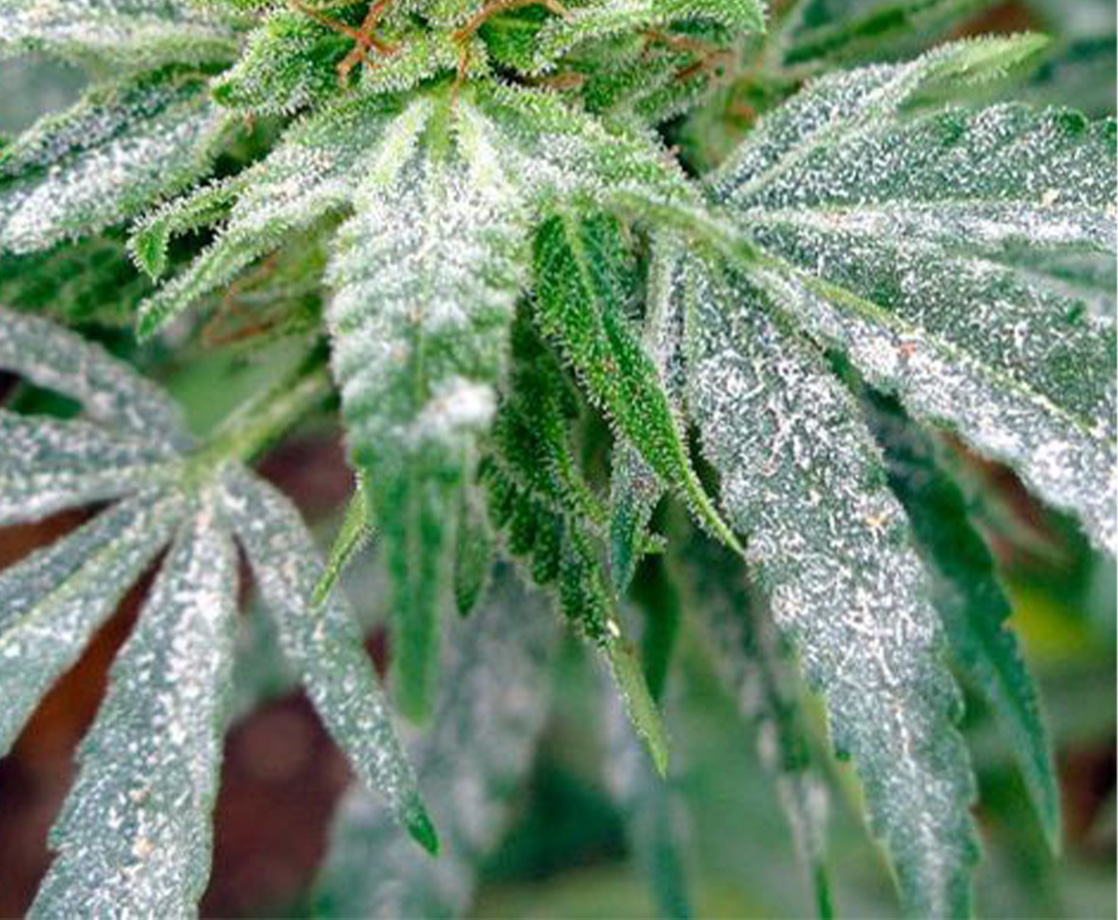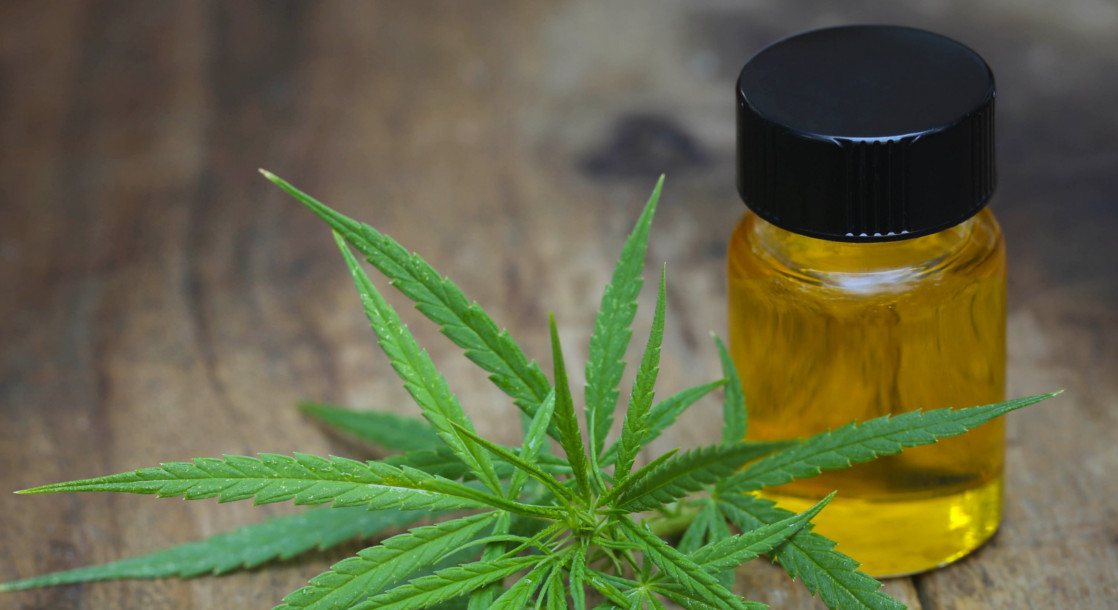Over the span of 2019, nearly 15% of Colorado’s legal cannabis had to be quarantined and then either destroyed or extracted after failing microbial screenings and testing positive for high levels of mold or yeast.
First reported by Westword, the testing info comes from the Colorado Marijuana Enforcement Division (MED) annual report. In addition to the percentage of submitted harvests that failed microbial testing, the new data also indicated that Centennial State growers have mostly stopped using state-banned pesticides, with less than 2% of cannabis coming up hot for contaminated test results.
But even once weed passes state testing, there is no way to 100% guarantee that dispensary shelves are clear of mold and yeast. In fact, a number of Colorado pot shops and brands have experienced customer-facing recalls and scientific studies tracing microbial contaminants up to the point of sale.
Outside of ready-to-smoke flower, the MED reported that more than 98% of cannabis concentrates passed microbial testing, with more than 95% also passing tests for removal of residual solvents. Curiously, those product safety trends follow the same pattern as consumer purchasing trends, with cannabis concentrate sales spiking 32% over the course of 2019, while flower sales dipped 20% compared to 2018.
Even with a few hundred pounds of pot either quarantined and destroyed for high microbial content, Colorado’s legal market is making sure there’s plenty of bud to go around. On a whole, Colorado produced more than 3.1 million pot plants for the legal market in 2019, which, when all was said and done, eventually yielded 1.4 million pounds of usable bud.
Still not sure if the latest eighth you copped would pass the test? You can learn how to do your own marijuana mold checks from our handy guide here.
Follow Zach Harris on Twitter











